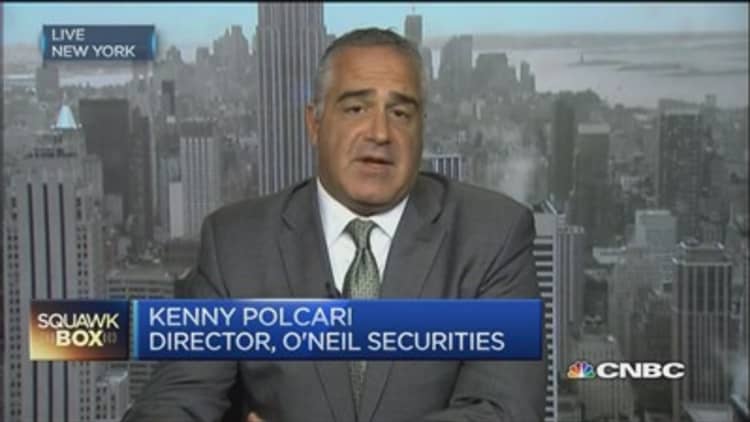The dollar fell against most other major currencies on Thursday, while the euro rose on waning fears of a Greek default.
The euro, which has been sliding for months on a massive bond-buying program and anxieties about Greece possibly defaulting, rose against the dollar on Thursday despite weaker-than-forecast euro zone private sector business growth.
German Chancellor Angela Merkel was expected to tell Greece's prime minister in a meeting on Thursday that she wants to keep Greece in the single currency area and avoid a catastrophic default, while seeking commitments in technical talks on measures to make public finances sustainable.
"Maybe there is a glimmer of hope the Greek situation may be resolved," said Marc Chandler, global head of currency strategy at Brown Brothers Harriman in New York. "That supports the euro."

With no significant economic news ahead of next week's Federal Reserve meeting on Tuesday and Wednesday, the dollar index of six currencies that trade against the dollar moved in a tight range, as it has since early March.
The dollar index was last off 0.69 percent at 97.26.
The dollar was down against the euro, which was ahead 0.94 percent to $1.0826. The greenback was off 0.38 percent against the yen to 119.52 yen. The British pound was up 0.09 percent against the dollar at $1.5051.
"It is hard to get excited about the dollar uptrend resuming or the dollar breaking down," Chandler said. "We won't really get a breakout until we get the next jobs data."
The dollar showed little reaction to U.S. jobless claims and other economic data portraying a tepid recovery from a soft growth patch in early 2015.
Read MoreKimberly-Clark CEO: Strong dollar strikes again
The New Zealand dollar was the biggest mover on major currency markets, sinking 1.5 percent after a senior central banker pointed to the need for lower, not higher, interest rates. It was last off 0.73 percent to $0.7589.
Reserve Bank of New Zealand Assistant Governor John McDermott sent the kiwi spiralling with a warning that weakening demand and lower price risks might warrant lower rates.
Weakening global demand for its commodities and a slowdown in China have undermined the outlook for New Zealand, which was the first developed economy to raise interest rates since the 2008 financial crisis.

